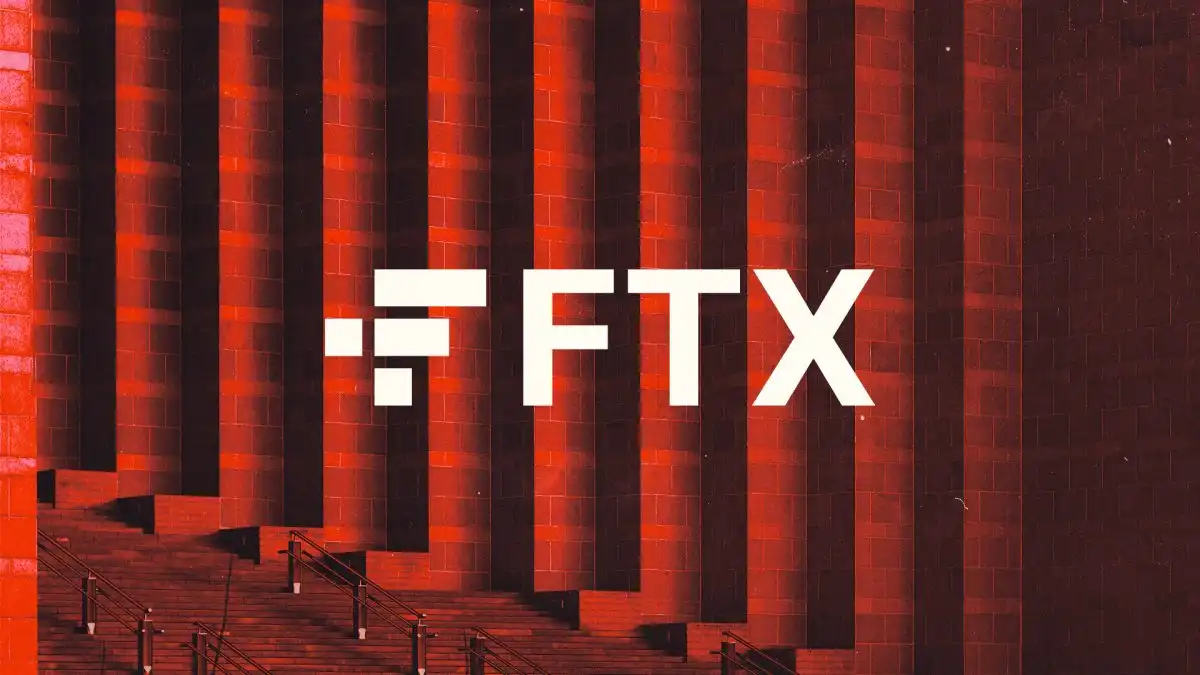- FTX drops disputed motion, easing global creditor concerns over repayments.
- Chinese claimants celebrate as restricted jurisdiction plan faces major setback.
- Bankman-Fried insists FTX was solvent, reigniting post-collapse legal controversies.
FTX has withdrawn its contentious motion that sought to implement a “restricted jurisdiction” process, a decision seen as a relief for the exchange’s global creditors. The proposed plan aimed to establish a method for evaluating compliance in 49 jurisdictions where repayment to customers could face regulatory challenges.
The now-abandoned motion, part of FTX’s broader Chapter 11 restructuring plan, outlined that local counsel would determine whether payments could be legally distributed in each country.
If no compliant process was found, claims from that jurisdiction would have been forfeited after a 45-day objection period. Creditors feared this approach could unfairly erase legitimate claims, especially from regions with stricter financial regulations.
China at the Center of the Dispute
According to reports, the disputed motion involved claims worth about $800 million across the affected jurisdictions, roughly 5 percent of the exchange’s estimated $16 billion in potential distributions. China accounted for nearly 82% of those claims.
Also Read: Crypto Crash: Major Coins Slip as Bitcoin, Ethereum, and Altcoins Decline Sharply
The motion faced sharp opposition, particularly from a group of more than 300 Chinese creditors represented by Weiwei Ji, a Singapore tax resident holding a Chinese passport. Ji argued that FTX’s classification of China as a restricted jurisdiction lacked any legal or factual foundation.
This objection, filed in the Delaware bankruptcy court, underscored the growing frustration among international claimants over how the FTX estate was handling cross-border repayments.
While the company has withdrawn the motion, the move was made “without prejudice,” leaving room for FTX’s restructuring team to refile it later under proper notice. Creditors, however, have welcomed the withdrawal as a temporary victory in their ongoing efforts to reclaim lost funds.
Sam Bankman-Fried’s Defense Resurfaces
Meanwhile, FTX founder Sam Bankman-Fried continues to challenge the narrative surrounding the exchange’s collapse. Ahead of his scheduled appeal hearing in New York, he released a month-old document asserting that FTX and Alameda Research were “never insolvent.” He accused bankruptcy lawyers of misrepresenting the company’s financial state and selling assets below their true value.
Bankman-Fried, who was convicted of fraud and conspiracy for misappropriating billions in customer funds, maintains his innocence. His family and supporters are reportedly seeking clemency from U.S. President Donald Trump, who has recently granted pardons to other prominent figures in the cryptocurrency sector.
The unfolding developments highlight the complex legal aftermath of FTX’s downfall, as both the bankruptcy estate and its former leadership continue to battle over accountability and recovery efforts.
Also Read: Big News: Ripple acquires Palisade to expand institutional crypto custody services
